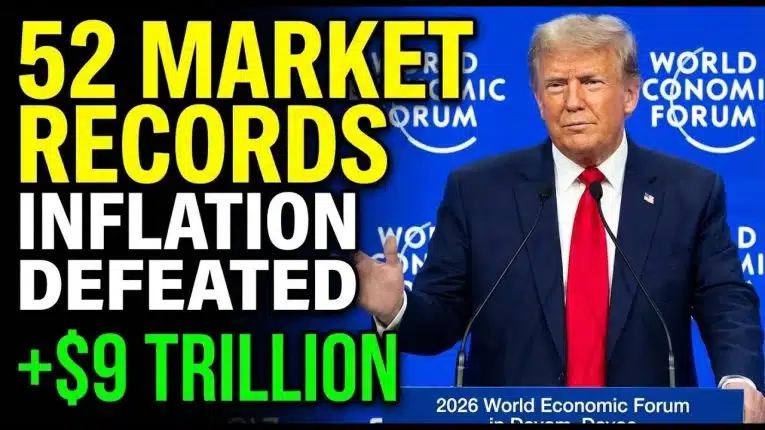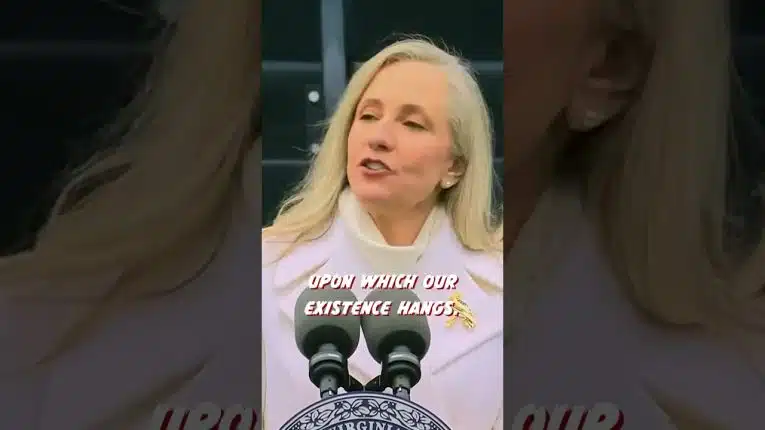 By Kelvin Kemm — The Rio+20 World Environmental Conference has come and gone. The “Plus 20” comes from the fact that it took place twenty years after the first such conference, held in Rio de Janeiro, Brazil, in 1992. Between these dates, I was a delegate at the 2002 world environment conference in Johannesburg, South Africa. Ever since 1992 I have watched the eco-evolution taking place.
By Kelvin Kemm — The Rio+20 World Environmental Conference has come and gone. The “Plus 20” comes from the fact that it took place twenty years after the first such conference, held in Rio de Janeiro, Brazil, in 1992. Between these dates, I was a delegate at the 2002 world environment conference in Johannesburg, South Africa. Ever since 1992 I have watched the eco-evolution taking place.
There is a good side and a bad side. The good side is that general world environmental awareness has been enhanced. That is definitely good. But there is still so much to be done, especially in poor countries where many people are always on the edge of survival, people must eke out a living off the land, and many will do whatever it takes to earn a little cash, to just survive another day.
Here in South Africa we see the daily international poaching attacks on our elephants and rhinos. It’s disgraceful. For us in the south, on midwinter’s day in June (our winters are the opposite of those in the Northern Hemisphere), the total rhinos shot this year stands at 251, just to get their horns, which are still viewed as aphrodisiacs and medicine in many Asian countries. Last year’s total was 448, more than one a day – so it’s getting worse. Poachers are now using helicopters and machine guns, and often taking chainsaws to still living rhinos.
There is much to do to sustain and protect the world’s natural environment. That should be done – but done well, and honestly. The bad side of Rio+20 is the degree of scientific dishonesty and economic manipulation that has crept into the international debate. That is shocking.
In recent years we have heard a great deal about “climate change.” I am on record as saying I do not believe human activities that produce carbon dioxide (CO2) are making any significant contribution to climate change – certainly not anything dangerous or catastrophic.
Observed climate change appears to be in line with past historic meteorological cycles – and likely linked to natural cosmic rays interacting with the magnetic fields of the earth and the sun’s interactive magnetic screening system.
But there are organisations in the world that want mankind to be at fault, so that there is someone to blame and attack, someone to tax and control, and someone to encourage to be “traditional” and “sustainable” – and consequently in a state of perpetual primitive poverty and disease … on the edge of survival.
It was noticeable that Rio+20 moved away from the theme of “climate change.” It would appear that the disastrous climate change, which green extremists predicted with such great relish, has not been occurring. So climate change is dying as a “marketable concept.” They can’t use it to scare enough people anymore.
Thus the Rio+20 summit focused on the concepts of “biodiversity” and “sustainable development,” as the main themes, and therefore the main “worries.” If people can be made to worry, they can be made to fear, and then they can be controlled.
Rio+20 was all about international control. Certain green organisations clearly want to exert direct control over world governments, and want to impose their brand of world government on our planet, communities, businesses and families. The concepts of biodiversity and sustainable development give them the leverage.
The greens claim that our plant and animal species, our natural resources, our air and water, and our planet are in such desperate trouble that the extreme greens must take control. They will then defend “biodiversity,” and to do this they will decide what “sustainable development” actually means and how it must be implemented.
They will decide how, when and where any community will be permitted to “develop.” It is interesting to take another look at the Johannesburg Declaration on Sustainable Development, which came out of the 2002 world environment conference in Johannesburg. It included language asking that the world pay attention to “the worldwide conditions that pose severe threats to the sustainable development of our people, which include: chronic hunger; malnutrition … and endemic, communicable and chronic diseases, in particular HIV/AIDS, malaria and tuberculosis.”
What happened to all these human issues at Rio+20? They were gone. For some reason, the Rio version of “biodiversity” and “sustainability” did not include humans.
In Rio the head of the WWF stated that the WWF wanted “transparent annual reporting and review on subsidy reforms, leading to the elimination by 2020 of all environmentally harmful subsidies, in particular fossil fuel subsidies.” Who do these people think they are? And why have they said nothing at all about the nearly $1 trillion that Bloomberg New Energy Finance reports has been spent worldwide just since 2004 on wind, solar, biofuel and other “renewable” energy schemes that any objective observer would understand are simply not “sustainable” on economic, environmental or any other grounds.
Moreover, this WWF statement is intended to give authenticity to some “world government,” to tell sovereign nations how to care for their own citizens.
In many African countries building a coal-fired power station will reduce CO2 emissions. How? Because there are millions of families who have no electricity, and so cook on wood or dung fires. These fires burn inefficiently and produce not just carbon dioxide, but many airborne pollutants that harm or even kill people. If thousands of these fires are replaced by a modern coal-fired power plant, the net effect would be to lead to improved air quality and less CO2 per unit of energy.
Such an action would be a significant advance, even if the CO2 actually were a problem, though much scientific evidence shows that it is not. This evidence of course is shouted down by those with vested interests in perpetuating “dangerous manmade climate change” as a thesis, and as a professional sinecure. Such an approach is not honest, and it is not science.
Meanwhile, however, European countries have introduced a carbon emissions tax on passenger aircraft flying over their airspace. The tax, per passenger, is calculated on total miles flown, so passengers flying to Europe from faraway places like South Africa and Australia pay much higher emissions taxes to the Europeans to clean up Euro air than do the EU’s own citizens, who collectively fly far more cumulative miles around Europe. Despite appeals from South Africa to spare us the tax, we were turned down. We are getting sick and tired of this high handed First World attitude.
Now from Rio+20 we are told that a goal for development is to move away from “outdated” concepts like measuring national growth using Gross Domestic Product (GDP) – and to rather use more “modern” and “equitable” measures like the “Happy Planet Index” (HPI), under which some world authority or bureaucrat is going to place an “environmental value” on keeping our environment “pristine” and “traditional.” Those values will be built into the HPI. Meantime, many people in Africa will continue to cut down habitats to burn wood and dung, and we will fight elephant and rhino poachers all by ourselves.
In Rio, eight of the world’s largest development banks announced the largest monetary commitment to come out of Rio+20, a US$175 billion initiative to shift investment away from roads to public transport. They want to use the money to promote the use of buses, trains and bicycles, instead of cars and aeroplanes.
In many parts of Africa they don’t even have a road yet. No electricity either, nor school nor clinic.
It is time for UN, EU, US and other green do-gooders to get off their anti-development high horse. It’s time to give all of mankind a real chance to enjoy genuine development. It’s time to stop using a “preserving biodiversity” ruse to keep the world’s most impoverished people forever in poverty.
___________
Dr Kelvin Kemm is a nuclear physicist and business strategy consultant in Pretoria, South Africa. He is a member of the International Board of Advisors of the Committee For A Constructive Tomorrow (CFACT), based in Washington, DC (www.CFACT.org). Dr. Kemm received the prestigious Lifetime Achievers Award of the National Science and Technology Forum of South Africa.






